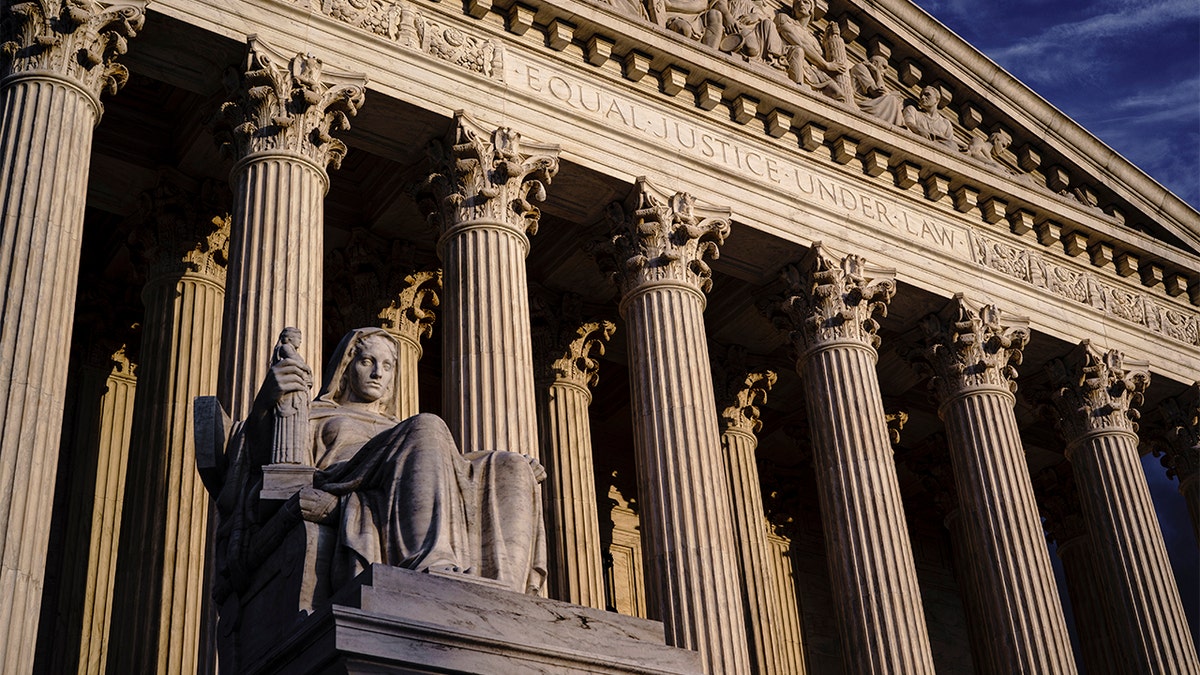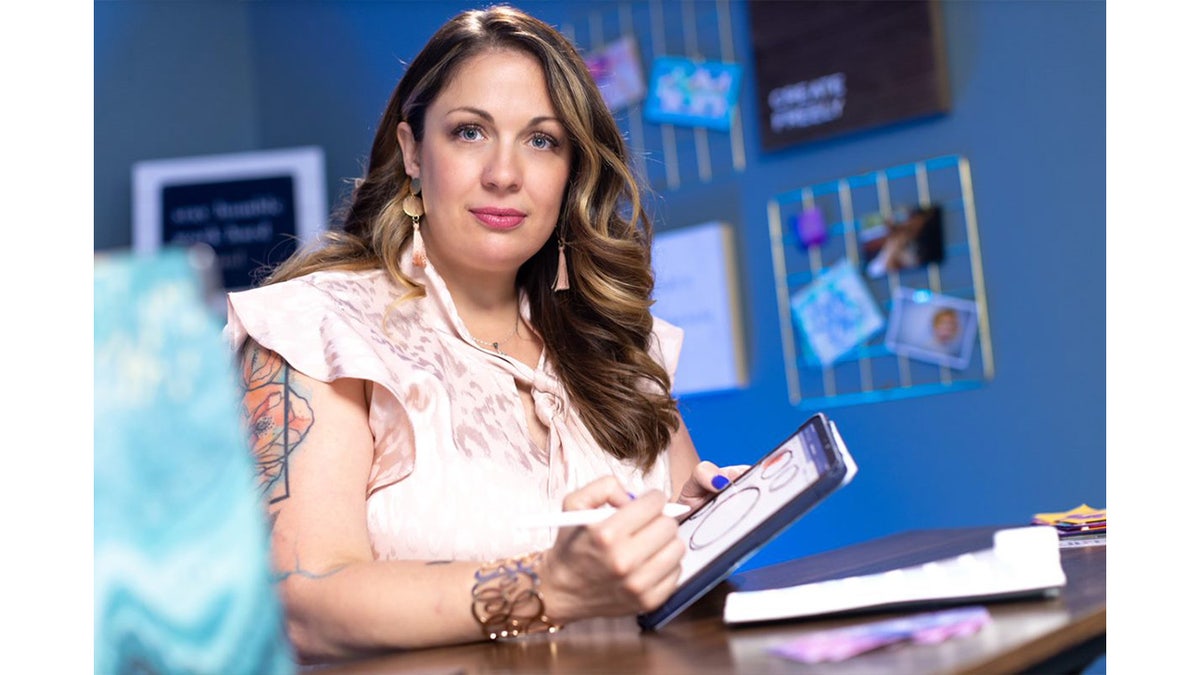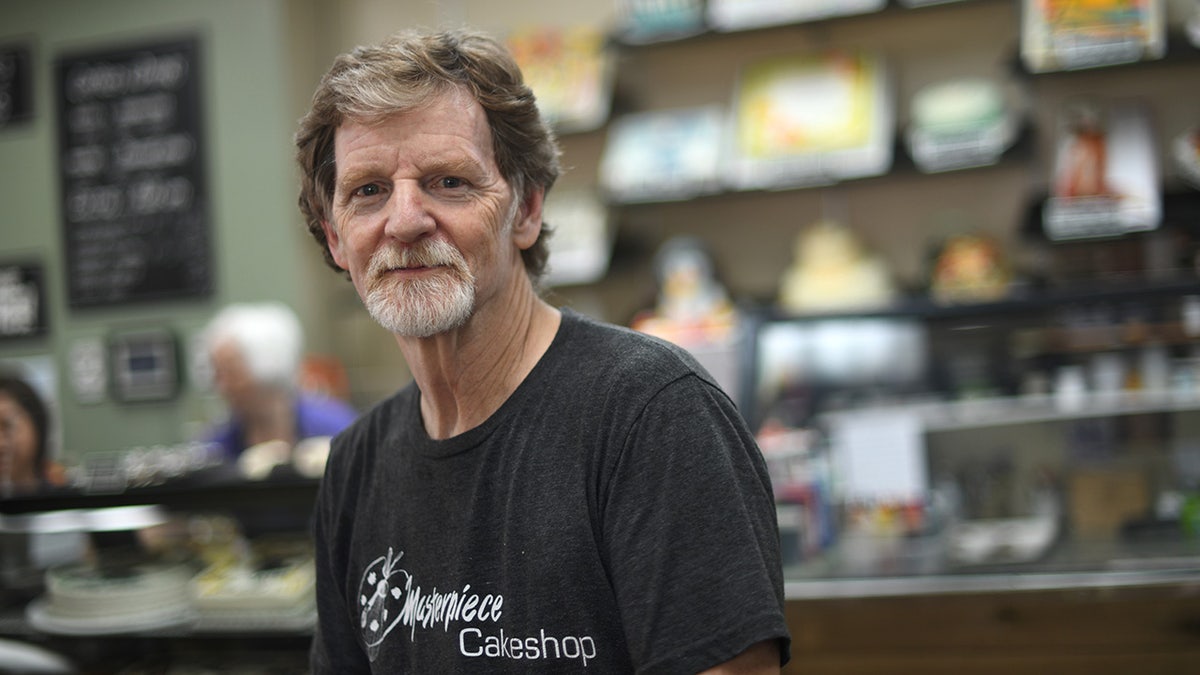Supreme Court's free speech vs gay rights case is a culture wars issue: Jeff Mason
Guy Benson, Katie Pavlich and Jess Mason respond to Twitter's past censorship of the Hunter Biden story, the Supreme Court's upcoming case on free speech vs gay rights and the Georgia Senate runoff on 'Special Report.'
David Cole, the national legal director of The American Civil Liberties Union (A.C.L.U.), appeared to argue against 303 Creative’s First Amendment rights in a New York Times op-ed on Monday.
303 Creative is the graphic design business at the heart of the latest Supreme Court case involving free expression. According to business owner Lorie Smith, the company is seeking to challenge the Colorado Anti-Discrimination Act (CADA) which prohibits businesses from denying services to someone based on their identity. Out of concern for her religious beliefs, Smith does not want to design websites for gay weddings.
Prior to the case, Smith did not design wedding websites for any client and has also stated that she is willing to work with the LGBTQ community regarding any other service beyond gay weddings. Her primary concern she claims is whether the government can compel her to offer services against her beliefs.
However, Cole claimed this was the "wrong question" asked before the Supreme Court on Monday and insisted that discrimination is at the heart of the case.

The Supreme Court in Washington, D.C. (AP Photo/J. Scott Applewhite, File)
COLORADO WEB DESIGNER ‘TERRIFIED,’ RECEIVING DEATH THREATS OVER SUPREME COURT FREE SPEECH CASE
"The right question is whether someone who chooses to open a business to the public should have the right to turn away gay customers simply because the service she would provide them is 'expressive' or 'artistic,'" Cole wrote.
Throughout the piece, Cole continued to conflate Smith’s refusal to promote same-sex weddings while still serving gay clients to outright discrimination of all gay clients comparable to racial bias.
"Should an architecture firm that believes Black families don’t deserve fancy homes be permitted to turn away Black clients because its work is ‘expressive’? Can a florist shop whose owner objects to Christianity refuse to serve Christians? The answer to these questions would seem to be, just as obviously, ‘no,’" Cole insisted.

Lorie Smith, owner of 303 Creative at center of Supreme Court free-speech case. (ADF )
The case follows the previous Supreme Court ruling in 2018 regarding the same Colorado law. At the time, Masterpiece Cakeshop owner Jack Phillips refused to bake a wedding cake for a same-sex couple. The justices ruled in his favor, stating that the Colorado Civil Rights Commission acted with anti-religious bias.
The A.C.L.U. defended the law against Masterpiece Cakeshop during its time before the Supreme Court, Cole remarked, insisting that laws like CADA "don’t trigger serious First Amendment concerns because they treat all businesses equally." The organization also filed an amicus brief in support of Colorado against Creative 303.
"Otherwise, interior decorators, landscape architects, tattoo parlors, sign painters and beauty salons, among countless other businesses whose services contain some expressive element, would all be free to hang out signs refusing to serve Muslims, women, the disabled, African Americans or any other group. The First Amendment protects the right to have and express bigoted views, but it doesn’t give businesses a license to discriminate," Cole concluded.

The Colorado law was previously challenged by Masterpiece Cakeshop when owner Jack Phillips refused to custom a wedding cake for a same-sex wedding. (Photo by Hyoung Chang/The Denver Post via Getty Images)
CLICK HERE TO GET THE FOX NEWS APP
Smith has also stated that her business would also refuse to design websites promoting views such as atheism, gambling or violence out of support for her Christian beliefs.
Hearings on the case began on Monday with the decision expected to be delivered some time in June. With the Supreme Court carrying a conservative majority, many are expecting the justices to rule in favor of 303 Creative.





















